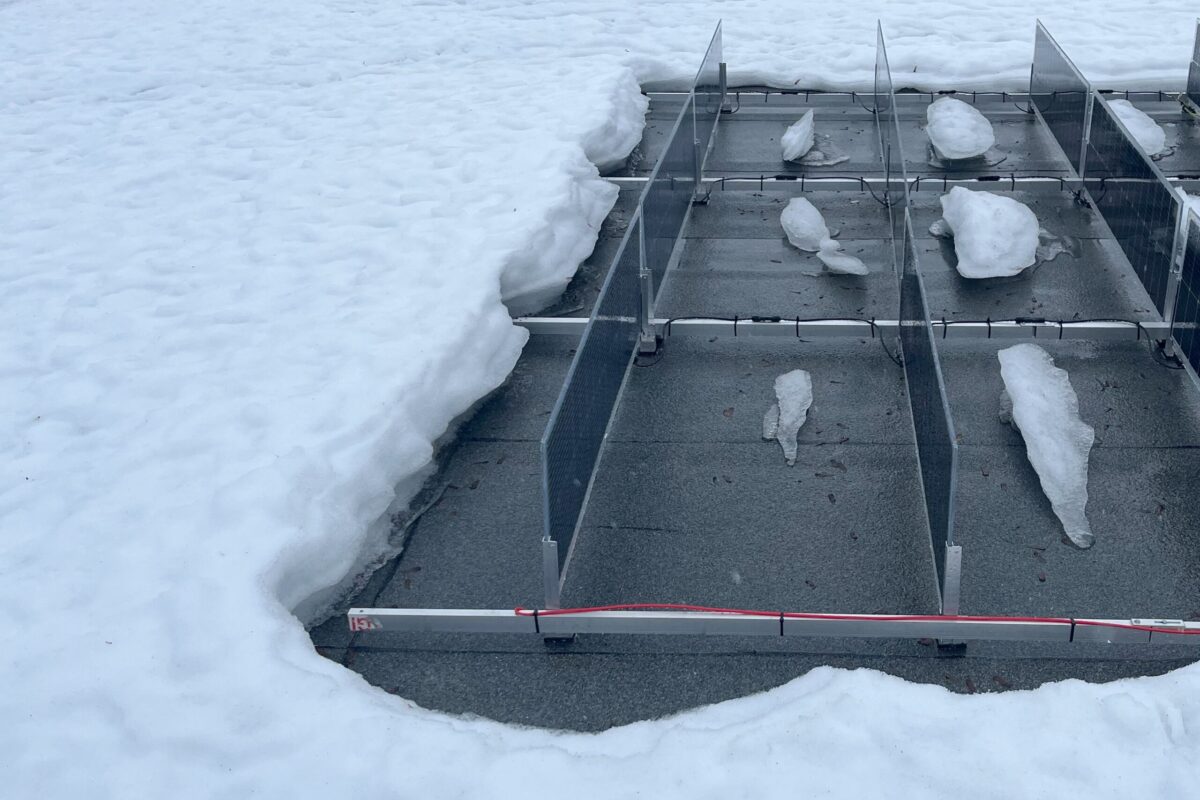From pv magazine USA
The US House Energy and Commerce Committee’s Republican members sent a joint letter to the LPO on Dec. 7. They expressed “outrage” over a reported incident of an elderly man allegedly being pressured into a 25-year solar lease by a salesperson. The joint letter is being used to highlight the aggressive or potentially misleading sales tactics that are sometimes employed by contractors of national residential solar companies.
This incident reflects a complex situation. Republicans in Congress are seeking to undermine the transition to local, clean electricity by signaling “outrage,” meanwhile, solar sales companies are grappling with the challenges posed by commission-motivated private contractors, whose sales tactics strain the industry’s reputation.
Residential solar companies have had lawsuits initiated by state attorneys general in Arizona, New Mexico, and Connecticut, largely due to aggressive sales tactics. These same in-home sales techniques prompted California to mandate a comprehensive 24-page Solar Consumer Protection Guide in 2021.
The joint letter, addressed to the LPO’s department head, Jigar Shah, specifically addresses Sunnova’s recently awarded $3 billion loan guarantee. This significant loan from the LPO is earmarked to finance up to 90% of “Project Hestia.” The project’s aim is to broaden access to solar and virtual power plant (VPP) services, particularly for disadvantaged communities that typically struggle to secure financing for residential projects.
Sunnova stands out in the industry for integrating individual residential solar and storage installations into the broader power grid. Despite the initial rejection of their Califlornia microutility, its innovative approach is recognized as cutting edge, and will set precedent for future energy deployments.
The joint letter details allegations of unethical sales practices of a Sunnova contractor. It describes an instance of alleged exploitation: “a door-to-door Sunnova salesman sold her father – who she characterized as in hospice care—a $60,000 solar system for his mobile home shortly before his death.” It also references complaints from a 2019 article regarding Sunnova’s expanding market in Puerto Rico.
The committee requests all documents related to Sunnova’s loan approval, previous sales complaints, consumer protection measures, and the company’s financial status. They also inquire about LPO’s oversight of Sunnova’s sales practices.
To continue reading, please visit our pv magazine USA website.
This content is protected by copyright and may not be reused. If you want to cooperate with us and would like to reuse some of our content, please contact: editors@pv-magazine.com.



net metering question…I understand that many electric utilities would like to eliminate or reduce net metering rates. Our home has solar and I am well satisfied. I give them power, they give me back power at night.
My Question: Our local utility emits CO2 but does not pay for each ton going into the atmosphere.
If utilities were required to pay for each ton of CO2, how would this change their view on net metering ?
Unless I am mistaken I believe my kilowatt of solar power is CO2 free….or mostly.
= = = = =